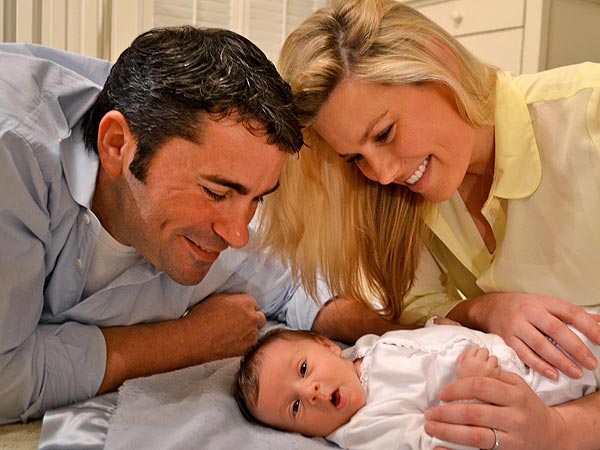Italians Head to the Polls:
Italians voted Sunday and Monday in a general election that is being closely watched to see whether a clear winner will emerge.
ROME — Italian voters delivered a rousing anti-austerity message and a strong rebuke to the existing political order in national elections on Monday, plunging the country into political paralysis after results failed to produce a clear winner.
Analysts said that the best-case scenario would be shaky coalition government, which would once again expose Italy and the euro zone to turmoil if markets question its commitment to measures that have kept the budget deficit within a tolerable 3 percent of gross domestic product. News of the stalemate sent tremors through the financial world, sending the Dow Jones Industrial Average down more than 200 points.
Although analysts blamed the large protest vote on Italy’s political morass and troubled electoral system, the results were also seen as a rejection of the rapid deficit-reduction strategy set by the European Commission and European Central Bank — from a country too big to fail and too big to bail out.
“No doubt Italy has an imperfect political culture, but this election I think is the logical consequence of pursuing policies that have dramatically worsened the economic and social picture in Italy,” said Simon Tilford, the chief economist of the Center for European Reform, a London research institute.
“People have been warning that if they adhere to this policy there will be a political cost, there will be backlash,” he added. “It couldn’t have taken place in a more pivotal country.”
In an election marked by voter anger and low turnout, the center-left Democratic Party appeared to be leading in the Lower House with 29.6 percent, with 99 percent of the votes counted, and in the Senate with one-third of the votes counted by midnight local time.
But that outcome did not give the Democrats a clear victory because the center-right People of Liberty Party of former Prime Minister Silvio Berlusconi was leading in several populous regions that carry more Senate seats, potentially giving him veto power and raising the prospect of political gridlock.
Even before the final result, the election was a clear victory for the Five Star Movement of the former comedian Beppe Grillo, which in its first-ever national elections appeared to win about 25 percent of the vote in the Lower House. Italians from both right and left — and the wealthier north and poorer south — were drawn to Mr. Grillo’s opposition to austerity measures and cries to oust the existing political order.
And it was a stinging defeat for the caretaker prime minister, Mario Monti, a newly minted politician whose lackluster civic movement appeared to win around 10 percent in both houses. “Grillo had a devastating success; the rest of the situation is very unclear,” said Stefano Folli, a political columnist for the daily business newspaper Il Sole 24 Ore.
Either the Democratic Party and the People of Liberty Party “will form a grand coalition committed to reforms and changing the electoral law, which would be very difficult, or Italy will be ungovernable,” Mr. Folli added.
Mr. Monti’s caretaker government remains in place with full powers until a new government is formed. Appearing on television on Monday evening, Mr. Monti said he felt “tremendous regret” that during his tenure the political parties were not able to change Italy’s electoral law so as to guarantee more political stability. “It is a great responsibility of the political forces, and one of the reasons for the disaffection and distance from and the revindication of the political class,” he added.
Under Italy’s complex electoral laws, it is extremely hard for any one party to gain a strong ruling majority needed to manage an economy with rising unemployment and a credit crunch, let alone push through structural changes to the ossified economy. Instead, the parties have resisted change to protect their own power bases.
The results of this election would appear to represent new depths of gridlock, and few experts expected any party to form a governing coalition strong enough to prevail for long. Nicolas Véron, an economist and a senior fellow at Bruegel, a Brussels-based research institute, said that regardless of who ultimately controls the levers of government, “The key question is whether we can have serious structural reform.”
Italy “was a work in progress before the elections,” Mr. Véron added, “and I think investors understand that it will remain a work in progress for some time.”










